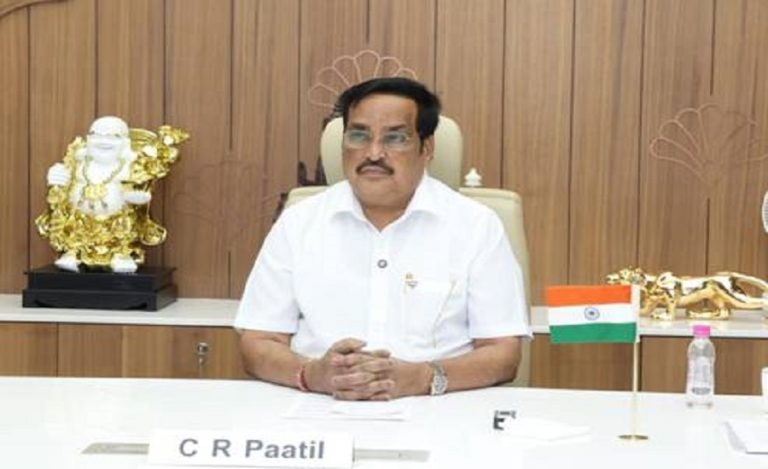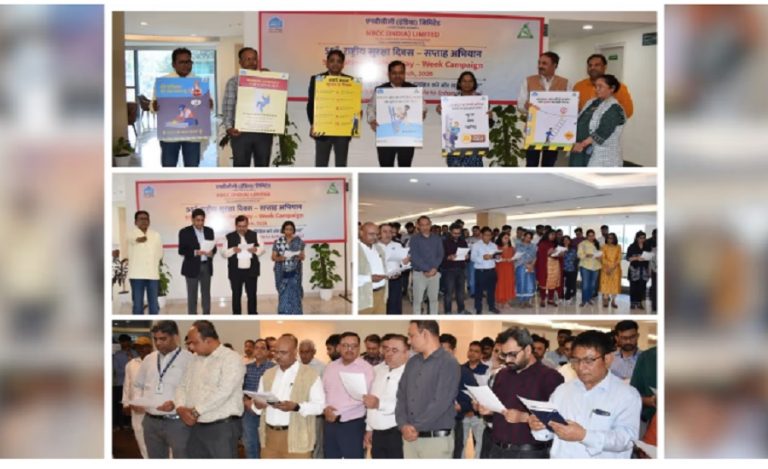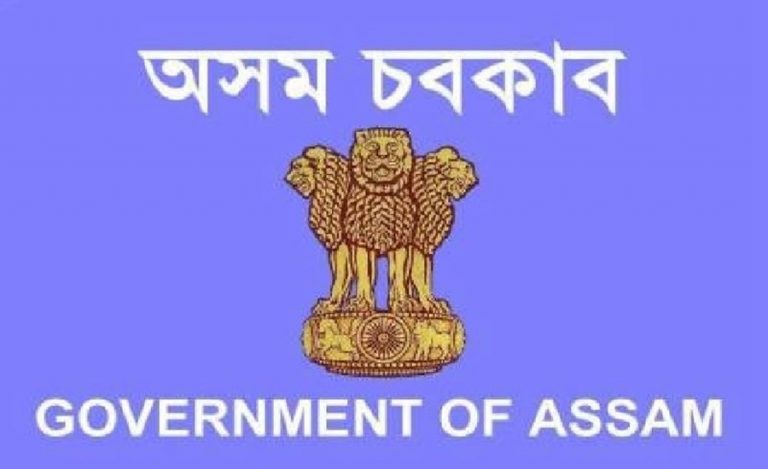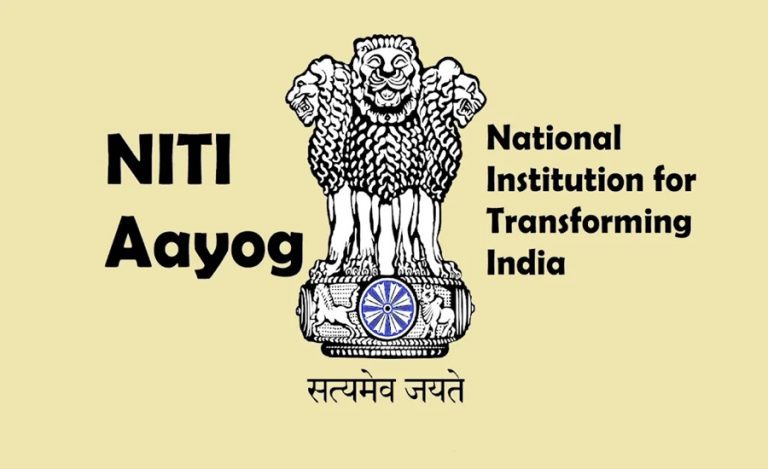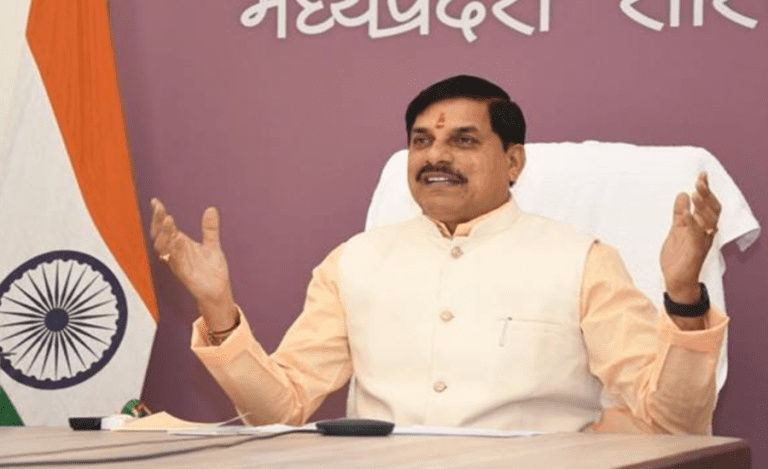Having a backup plan is crucial, especially when pursuing a competitive exam like the UPSC CSE or IFS. This is the message that IFS officer Gaurav Garg wants to convey to aspiring civil servants. Speaking with Indian Masterminds, Mr. Garg shared about his UPSC journey and explained the importance of having a plan B.
SIGHTS SET ON CIVIL SERVICE
Mr. Garg’s journey to becoming an IFS officer wasn’t linear. After graduating with a chemical engineering degree from IIT Roorkee in 2017, he worked in a software firm for a year. However, his sights were set on a career in civil service.
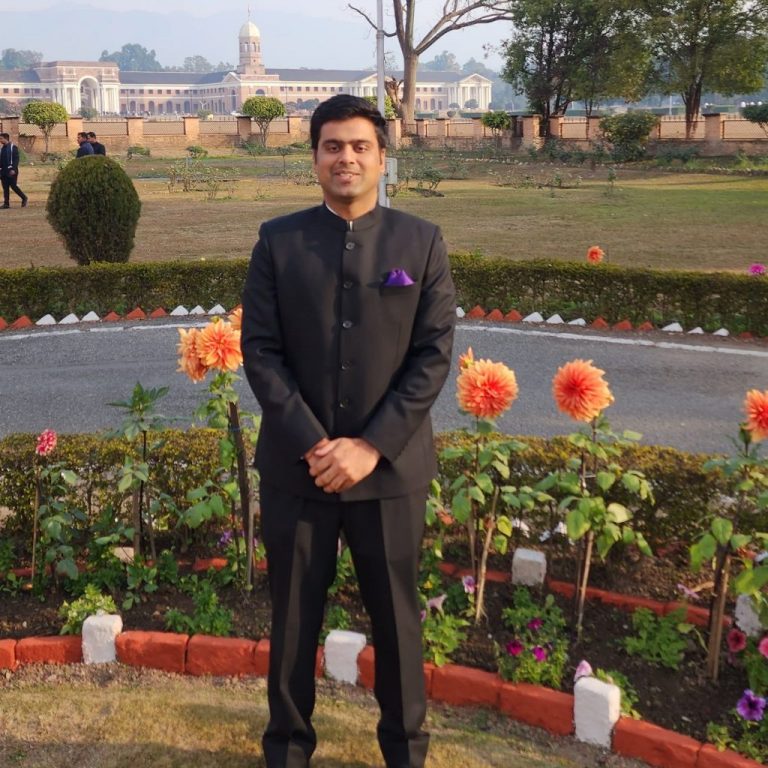
From 2018 to 2019, he focused on preparing for the UPSC exam. Though he didn’t clear the Civil Services mains that year, he did crack the NABARD Grade A exam, landing a stable government job.
While the job security was attractive, his ambition for the Civil Services remained. So, he began preparing again while working at NABARD. This dedication paid off in 2020 when he secured the rank of 34 in the Indian Forest Service (IFS) exam.
Despite getting into the IFS, Mr. Garg continued pursuing his UPSC dream. However, he couldn’t clear CSE. “I cleared IFS in my third attempt, and gave three attempts to CSE,” Mr. Garg shared with Indian Masterminds.
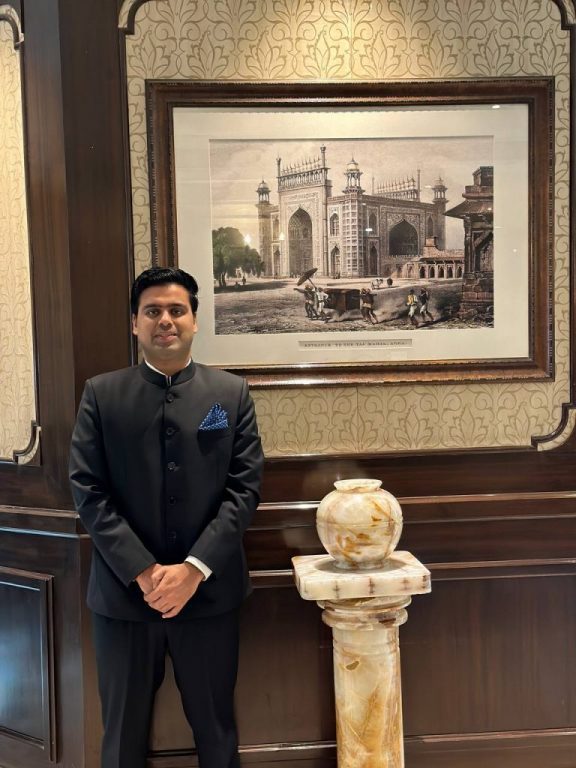
CRACKING THE UPSC CODE
The UPSC prelims, known for its high cut-off score, is the first major hurdle. Mr. Garg suggests meticulous preparation for this stage, emphasizing practice tests (he took around 60-70) and a strong grasp of the fundamentals from standard textbooks. Reviewing past years’ question papers is also key to understanding the exam pattern.
For the mains exam, he advises that choosing the right optional subjects is vital. While Forestry is a popular choice for IFS aspirants, the officer went with an unconventional combination: Mathematics and Chemical Engineering, leveraging his academic background.
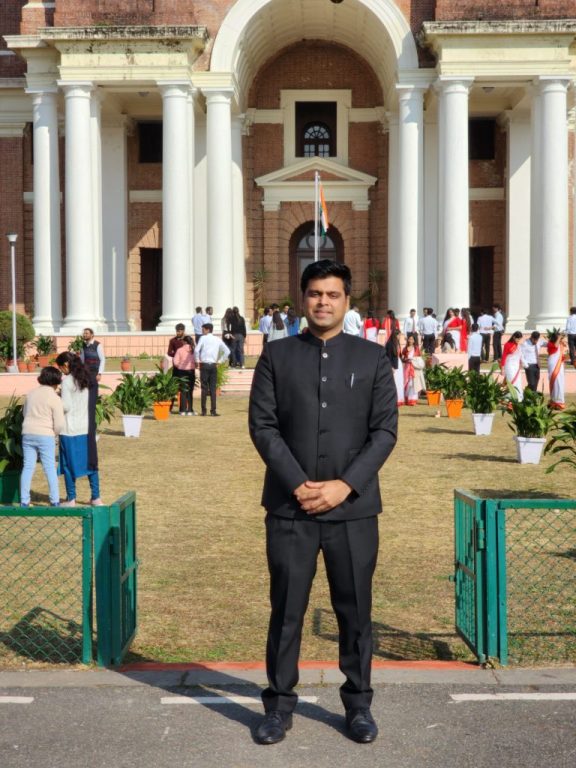
His strategy for the optional subjects involved “reverse engineering” – analyzing question papers from the past few years to identify frequently tested topics.
THE INTERVIEW ROUND
During the interview, authenticity is paramount. Mr. Garg advises that “candidates should showcase their true selves and avoid trying to fit a mold.” If opting for Forestry as an optional, in-depth knowledge of the subject and current environmental issues is a must. Additionally, a well-rounded understanding of scientific concepts, human resources, and current affairs, along with strong English communication skills, are crucial for success.
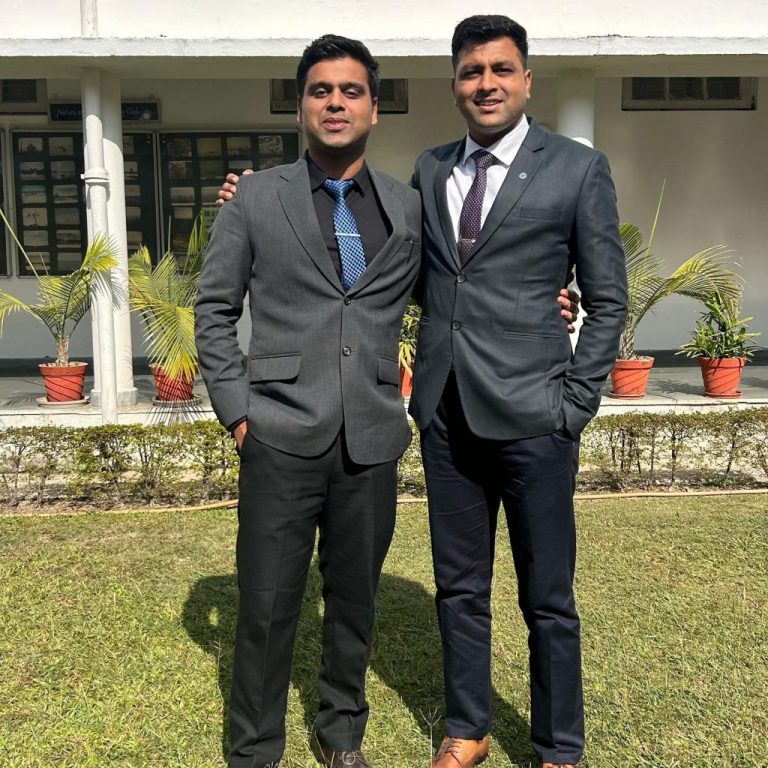
THE BACKUP PLAN
“Plan B is a must,” he said, emphasizing the importance of having a backup plan, especially for those facing repeated failures. “There are a lot of good plan B options like NABARD Grade A, RBI Grade B, IRDAI Grade A, PFRDA Grade A/B, and many more.”
TIME MANAGEMENT TIPS
For aspirants with a year to prepare, Mr. Garg suggests focusing on the optional subject initially, aiming for a broad understanding of 60-70% of the syllabus; shifting gears to prelims preparation 3-4 months before the exam; followed by dedicated practice of previous years’ papers after clearing the prelims.
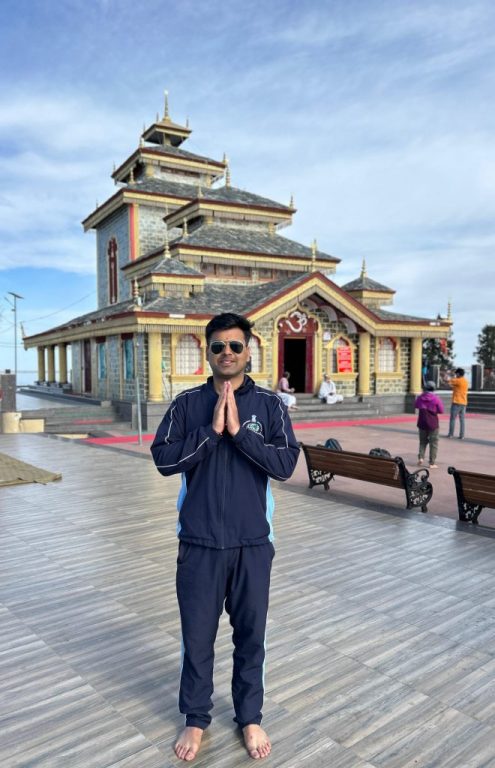
For those short on time, diving straight into previous years’ question papers for the mains exam is recommended.
“Whether you crack the UPSC or the IFS exam, remember to learn from your mistakes and keep moving forward with confidence,” he said in conclusion.








